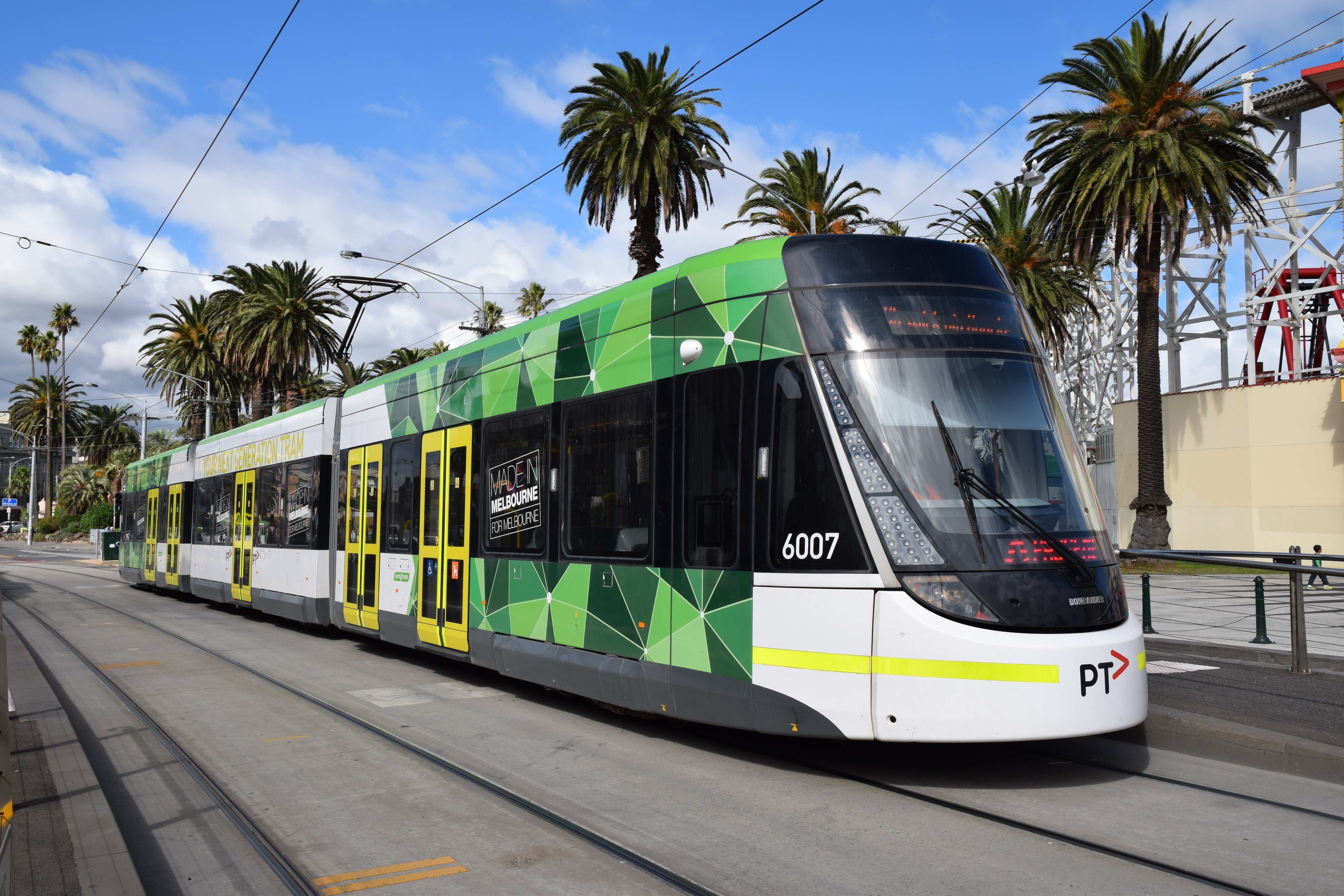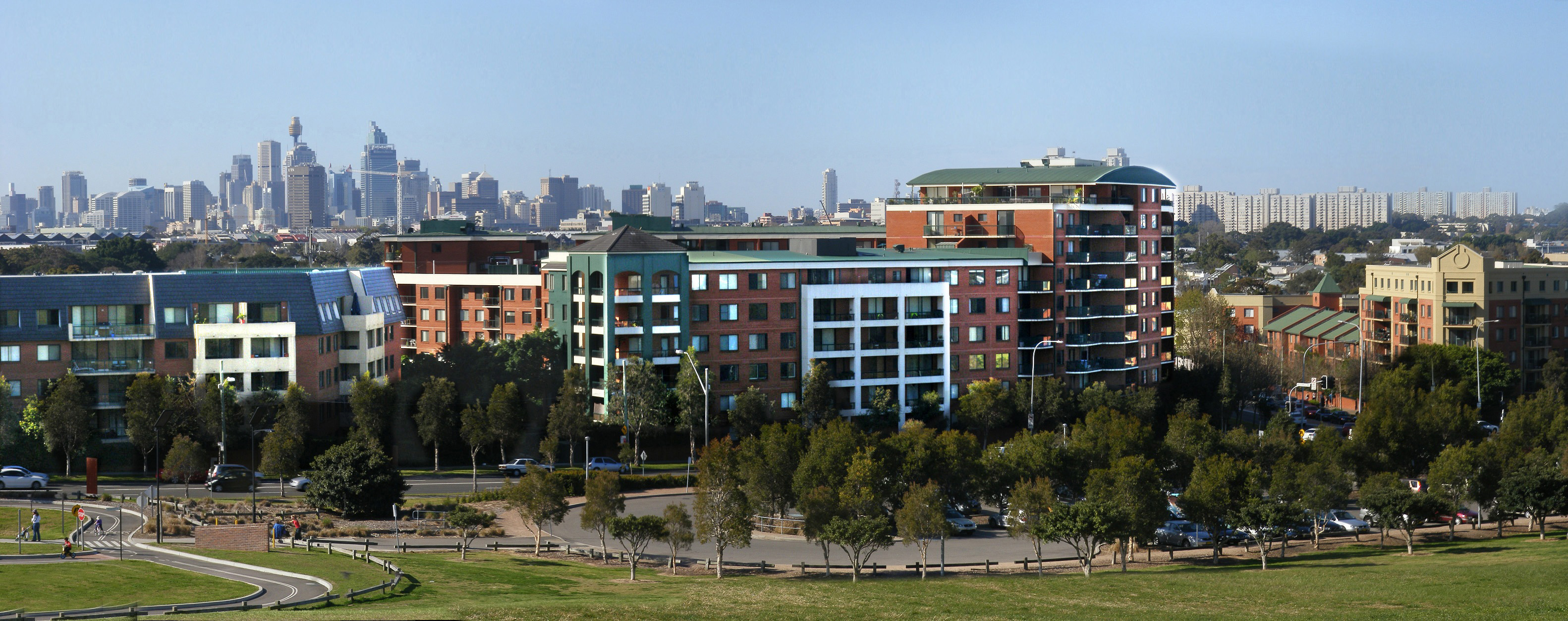|
Erskineville, New South Wales
Erskineville is an inner-city suburb of Sydney, in the state of New South Wales, Australia. It is located 6 kilometres south west of the Sydney central business district and is part of the Local government in Australia, local government area of the City of Sydney. Erskineville is a diverse suburb homing to a wide variety of ethnicity from its varying Southeast Europe and Aboriginal Australians, Aboriginal community. Erskineville is colloquially known as ''Erko''. Erskineville is bordered by the suburbs of Newtown, New South Wales, Newtown to the west, Redfern, New South Wales, Redfern to the north, St Peters, New South Wales, St Peters to the south, and Alexandria, New South Wales, Alexandria to the east. The locality of Macdonaldtown sits over the north-west border. Erskineville is a residential suburb. Erskineville Oval, Sydney, Erskineville Oval is located on the eastern border of the suburb. History The suburb was originally called after an earlier subdivision in 1846 in ... [...More Info...] [...Related Items...] OR: [Wikipedia] [Google] [Baidu] |
Erskineville Town Hall
The Erskineville Town Hall is a landmark civic building in Erskineville, a suburb of Sydney. It stands at 104 Erskineville Road. It was opened in 1938 in the Inter-war Mediterranean style by Lindsay Gordon Scott. The Town Hall was the seat of Erskineville Municipal Council from 1938 to 1948 and was the seat of the South Sydney Councils from 1968 to 1982 and 1989 to 2003. Since 2004 the town hall has been a community centre for the City of Sydney servicing the local area and is listed as a heritage item of local significance by the City of Sydney. History and description The original Erskineville Town Hall was built on an adjacent site in the 1880s following the incorporation of the Macdonaldtown Municipal Council in 1872. The original town hall replaced a small building which had been used for meetings since incorporation, described in ''The Sydney Morning Herald'' as one that could "scarcely be termed a council-chamber, much less a town hall. An insignificant weatherboard s ... [...More Info...] [...Related Items...] OR: [Wikipedia] [Google] [Baidu] |
Local Government In Australia
Local government is the third level of government in Australia, administered with limited autonomy under the states and territories of Australia, states and territories, and in turn beneath the Australian Government, federal government. Local government is not mentioned in the Constitution of Australia, and two referendums in 1974 Australian referendum (Local Government Bodies), 1974 and 1988 Australian referendum#Local_Government, 1988 to alter the Constitution relating to local government were unsuccessful. Every state/territory government recognises local government in state constitution (Australia), its own respective constitution. Unlike the two-tier local government system in local government in Canada, Canada or the local government in the United States, United States, there is only one tier of local government in each Australian state/territory, with no distinction between counties and cities. The Australian local government is generally run by a council, and its territo ... [...More Info...] [...Related Items...] OR: [Wikipedia] [Google] [Baidu] |
Tram At Erskineville Terminus
A tram (called a streetcar or trolley in North America) is a rail vehicle that travels on tramway tracks on public urban streets; some include segments on segregated Right-of-way (transportation), right-of-way. The tramlines or networks operated as public transport are called tramways or simply trams/streetcars. Many recently built tramways use the contemporary term light rail. The vehicles are called streetcars or trolleys (not to be confused with trolleybus) in North America and trams or tramcars elsewhere. The first two terms are often used interchangeably in the United States, with ''trolley'' being the preferred term in the eastern US and ''streetcar'' in the western US. ''Streetcar'' or ''tramway'' are preferred in Canada. In parts of the United States, internally powered buses made to resemble a streetcar are often referred to as "trolleys". To avoid further confusion with trolley buses, the American Public Transportation Association (APTA) refers to them as "trolley- ... [...More Info...] [...Related Items...] OR: [Wikipedia] [Google] [Baidu] |
Metters Limited
Metters was a brand of stoves and ovens made by Metters & Company, an Australian company established in Adelaide in 1891 by Frederick Metters (1858–1937), who patented and manufactured a number of kitchen appliances notably the 'top-fire' wood stoves. His brothers Charles Henry Metters (c. 1853–1929) and John Thomas Metters (c. 1853–1924) had earlier founded Metters Bros., making stoves and ovens in Melbourne. Production and distribution of Metters equipment was expanded from Adelaide to Perth, Western Australia, in 1894 where Fred Metters formed a partnership with Henry Spring (1864–1937), and then to Sydney, New South Wales in 1902. Spring bought out his partner in 1907 and founded Metters Limited in 1908 with himself as managing director, and greatly expanded the product range and volume of manufacture in Perth, Adelaide and Sydney. The Spring years Henry Langdon Spring (c. 1863 – 21 April 1937) was born in London and emigrated to Perth, Western Australia aroun ... [...More Info...] [...Related Items...] OR: [Wikipedia] [Google] [Baidu] |
Gentrification
Gentrification is the process of changing the character of a neighborhood through the influx of more affluent residents and businesses. It is a common and controversial topic in urban politics and planning. Gentrification often increases the economic value of a neighborhood, but the resulting demographic displacement may itself become a major social issue. Gentrification often sees a shift in a neighborhood's racial or ethnic composition and average household income as housing and businesses become more expensive and resources that had not been previously accessible are extended and improved. The gentrification process is typically the result of increasing attraction to an area by people with higher incomes spilling over from neighboring cities, towns, or neighborhoods. Further steps are increased investments in a community and the related infrastructure by real estate development businesses, local government, or community activists and resulting economic development, in ... [...More Info...] [...Related Items...] OR: [Wikipedia] [Google] [Baidu] |
Building (Australian Magazine)
A building, or edifice, is an enclosed structure with a roof and walls standing more or less permanently in one place, such as a house or factory (although there's also portable buildings). Buildings come in a variety of sizes, shapes, and functions, and have been adapted throughout history for a wide number of factors, from building materials available, to weather conditions, land prices, ground conditions, specific uses, prestige, and aesthetic reasons. To better understand the term ''building'' compare the list of nonbuilding structures. Buildings serve several societal needs – primarily as shelter from weather, security, living space, privacy, to store belongings, and to comfortably live and work. A building as a shelter represents a physical division of the human habitat (a place of comfort and safety) and the ''outside'' (a place that at times may be harsh and harmful). Ever since the first cave paintings, buildings have also become objects or canvasses of much artist ... [...More Info...] [...Related Items...] OR: [Wikipedia] [Google] [Baidu] |
Parliament Of New South Wales
The Parliament of New South Wales is a bicameral legislature in the Australian state of New South Wales (NSW), consisting of the New South Wales Legislative Assembly (lower house) and the New South Wales Legislative Council (upper house). Each house is directly elected by the people of New South Wales at elections held approximately every four years. The Parliament derives its authority from the King of Australia, King Charles III, represented by the Governor of New South Wales, who chairs the Executive Council. The parliament shares law making powers with the Australian Federal (or Commonwealth) Parliament. The New South Wales Parliament follows Westminster parliamentary traditions of dress, Green–Red chamber colours and protocols. It is located in Parliament House on Macquarie Street, Sydney. History The Parliament of New South Wales was the first of the Australian colonial legislatures, with its formation in the 1850s. At the time, New South Wales was a British colo ... [...More Info...] [...Related Items...] OR: [Wikipedia] [Google] [Baidu] |
The Sydney Morning Herald
''The Sydney Morning Herald'' (''SMH'') is a daily compact newspaper published in Sydney, New South Wales, Australia, and owned by Nine. Founded in 1831 as the ''Sydney Herald'', the ''Herald'' is the oldest continuously published newspaper in Australia and "the most widely-read masthead in the country." The newspaper is published in compact print form from Monday to Saturday as ''The Sydney Morning Herald'' and on Sunday as its sister newspaper, '' The Sun-Herald'' and digitally as an online site and app, seven days a week. It is considered a newspaper of record for Australia. The print edition of ''The Sydney Morning Herald'' is available for purchase from many retail outlets throughout the Sydney metropolitan area, most parts of regional New South Wales, the Australian Capital Territory and South East Queensland. Overview ''The Sydney Morning Herald'' publishes a variety of supplements, including the magazines ''Good Weekend'' (included in the Saturday edition of ''The ... [...More Info...] [...Related Items...] OR: [Wikipedia] [Google] [Baidu] |
Erskineville Bootmaking School 1909
Erskineville is an inner-city suburb of Sydney, in the state of New South Wales, Australia. It is located 6 kilometres south west of the Sydney central business district and is part of the local government area of the City of Sydney. Erskineville is a diverse suburb homing to a wide variety of ethnicity from its varying Southeast Europe and Aboriginal community. Erskineville is colloquially known as ''Erko''. Erskineville is bordered by the suburbs of Newtown to the west, Redfern to the north, St Peters to the south, and Alexandria to the east. The locality of Macdonaldtown sits over the north-west border. Erskineville is a residential suburb. Erskineville Oval is located on the eastern border of the suburb. History The suburb was originally called after an earlier subdivision in 1846 in the south of Erskineville owned by Stephen Macdonald. The streets around the early Macdonaldtown subdivision are named after relations of the Macdonald family - Amy, Flora, Eve, Coul ... [...More Info...] [...Related Items...] OR: [Wikipedia] [Google] [Baidu] |
Erskineville Oval, Sydney
Erskineville Oval is a sporting venue in Erskineville, Sydney, New South Wales, Australia. Originally developed and opened in 1885 as Macdonaldtown Park, it was later renamed in 1892 to its current form with the municipality name change of the local government body. At approximately a capacity of 5000 spectators, previously 2000 Erskineville Oval was formerly an AFL venue as of 1903 when the NSW Australian Football League was founded. From 1913, the ground become a rugby venue as well, in which it has since hosted professional teams such as Newtown and the South Sydney Rabbitohs. History The ground of Erskineville Oval is upon grants originally acquired by Nicholas Divine in 1794 and John Campell in 1825. However, the venue itself remained undeveloped due to multiple lawsuits over many years. On 28 July 1885, 22 acres of land were declared Macdonaldtown Park. This remained until 1892 before the named was changed to Erskineville Oval. This was done during the municipality nam ... [...More Info...] [...Related Items...] OR: [Wikipedia] [Google] [Baidu] |








